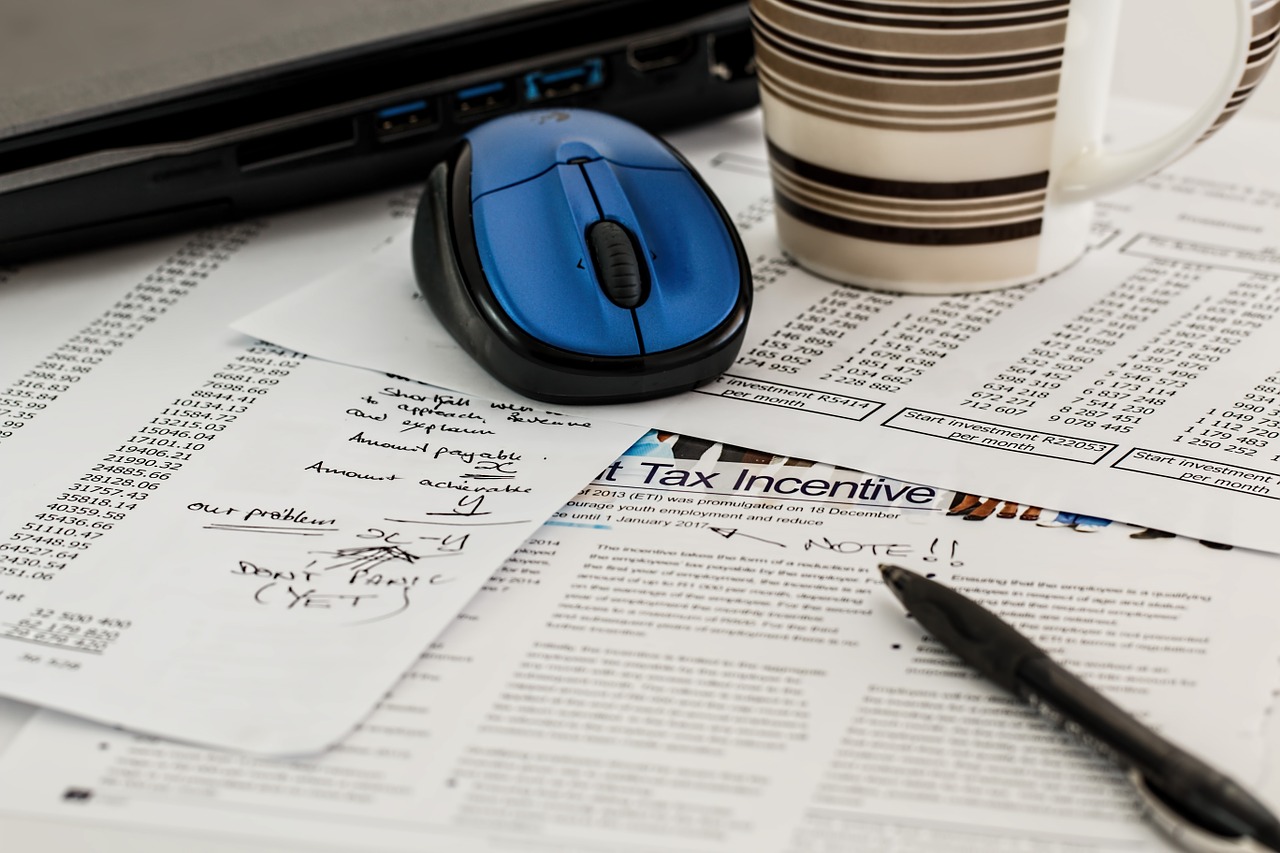
Purchasing a home is the largest purchase most people will make in their lifetime. In addition to owing the lender the principal, interest, and down payment related to the mortgage, you will also be responsible for typical closing costs. Typical closing costs are fees related to the purchase of the home charged by third parties and lenders. In most cases the buyer pays for these charges, but certain loans require the seller to pay a part of the typical closing costs. The following information provides a list of the common closing costs associated with purchasing a home.
How Much Are the Typical Closing Costs?
In most cases, the closing costs on a purchase can range anywhere between two and five percent of the purchase price of the home. As a result, if you purchase a home for $300,000, you could pay anywhere between $6,000 and $7,500 in closing costs.
What Are the Typical Closing Costs?
Closing costs can vary widely based on the property you buy and where you live. Typical closing costs include:
- Home inspection fees that includes the cost of inspector evaluating the structures and systems of the home and providing you with a written report.
- Property valuation fee to determine the lending value of the property.
- Property survey indicates the measurements and boundaries of encroachments, easements, and major structures on the property.
- Legal fees and related expenses.
- Land transfer tax is based on the purchase price of the property and is charged whenever a property changes hands.
- Title insurance covers problems that could arise due to existing liens, encroachment issues, undischarged mortgages, title fraud, and other issues.
- High-ratio mortgage insurance premiums can range anywhere from .5% up to 2.75% of the principle and fees.
- HST/GST may be charged on some properties.
- Home insurance costs includes protection for your house and the contents.
- Interest adjustments may be included in the closing costs for any gap between the closing date and the mortgage's first payment date. To avoid this charge, schedule your first payment precisely one month after the closing date.
- Prepaid utility adjustments and property tax costs includes reimbursements to vendors for any prepaid utility bills or property taxes.
- Mortgage life insurance costs vary and are optional.
Savings for First Time Home Buyers
If you’re a first time home buyer, you are able to have some of the closing costs refunded to you though programs set up by the Canadian Economic Action Plan. The first time home buyers tax credit gives buyers a rebate of 750$. This credit is designed to help cover the unforeseen costs of closing and allow first time buyers to use more of their savings towards a down payment. First time home buyers also gain the benefit of a refund for the land transfer tax. Depending on the price of the home, first time buyers can receive up to $2000 back in a refund from the government of Ontario. These credits are in place for first time buyers to help with the purchase of their first home and encourage investing in regional real estate markets.
How Can I See the Closing Costs on My Mortgage?
By law, lenders are required to provide you with a good faith estimate with all of the closing costs listed. This should be provided within three days after the date you actually apply for the loan. However, it's important to understand that these are simply estimates. The fees provided on the good faith estimate can change by up to 10%, which could affect your final closing cost bill by thousands of dollars.
In any case, navigating the house buying process can be confusing. Mary Roy and Team are here to guide you through the process, contact us today to learn more about closing costs or other parts of the mortgage process.







